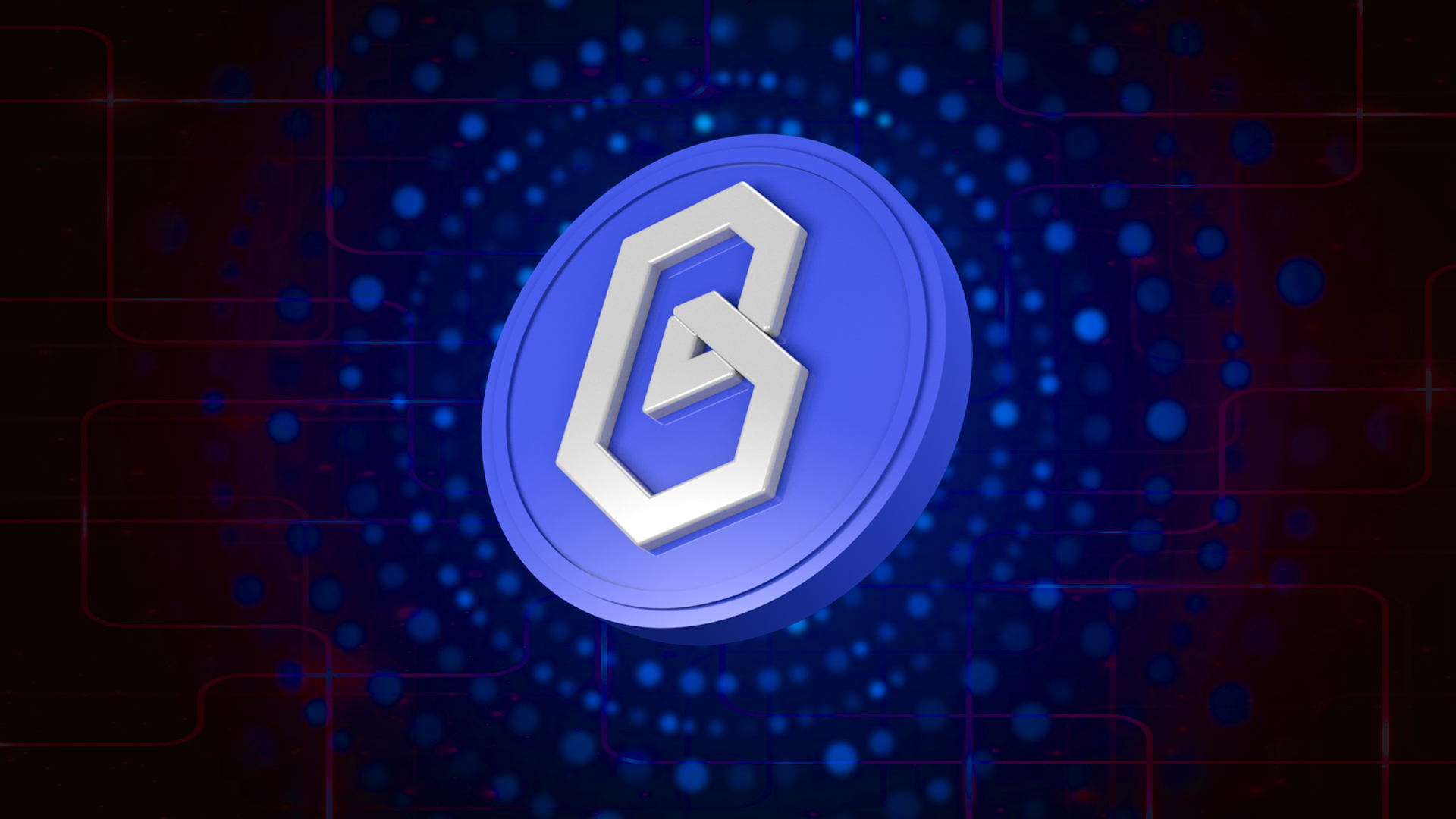- BAND protocol is a part of Cosmos Network, which uses Tindermint’s Byzantine Fault Tolerant
- It grants voting rights to holders in the governance protocol
The Band protocol is an Oracle service that connects smart contracts on a blockchain with real-world data. Band protocol brings real-world data safely connects real-world data to the blockchain.
Blockchain Oracles
Oracle is a significant part of today’s blockchain technology. In addition, the two major problems closed systems face are establishing cross-chain communication between siloed blockchains and feeding external data in the closed system.
Oracle enables any platform or product to utilize real-world data, such as the price of securities and goods or flight delays, etc. It makes the job of blockchain networks more efficient.
A smart contract is a self-coding technology programmed in a way that it can self-execute code and then can be validated from other associated blockchains. It was first developed by the Ethereum blockchain. These can be called programmable building blockchains. While Smart contracts are essential raw materials blockchain products, their reliability and security depend on the data they receive from sources.
That is why data Orcales become crucial for smart contracts and for the platform operating on smart contracts.
Band Protocol
Band protocol is a decentralized search engine with real data connected to the blockchain network. As a public blockchain, it allows users to request data from the interface or other web services. Currently, there are 90 professional and community node operators working on the Band Protocol blockchain.
The Band protocol works across all blockchain networks and is part of the Cosmos Network. It uses Tendermint’s Byzantine Fault Tolerant (BFT) consensus mechanism, which connects different blockchain networks.
Band Token
Band protocol incentivizes its validator to produce new blocks, for participating in consensus, and for responding to its data request from its native Band token. Band protocol is unique because it has Ethereum-based ERC-20 and the newer ‘Band Protocol Mainnet’ form.
To become the validator of band protocol one should be the participant of the top network and have the most BAND staked. One can either be a validator or be the delegator who can delegate their stake to the validator. Delegators receive block rewards proportionate to their contribution to the total stake of the validator they delegate to.
Band coin also enables holders to participate in the governance protocol. The voting power is proportional to BAND staked by the validator. Delegators are encouraged to participate in governance protocol, and their voting rights are limited to the BAND they have delegated to the validator.
If the validator doesn’t want to exercise their voting right, those rights are automatically assigned to the delegator. Contrarily, if a delegator chooses not to exercise their voting right, those rights will be automatically assigned to the validator.
Why was the BAND protocol is created
- To increase the speed and scalability with a large number of data requests
- To make public network cross-chain compatible
- To support different methods of data retrieval and aggregating with generic systems.


